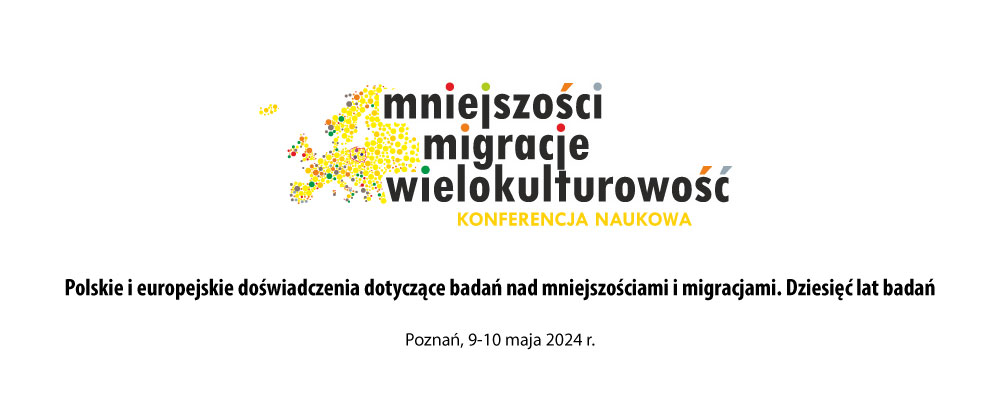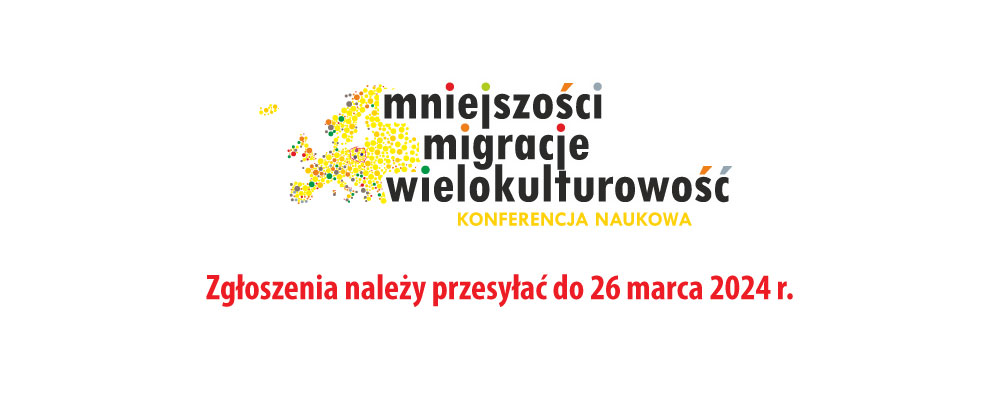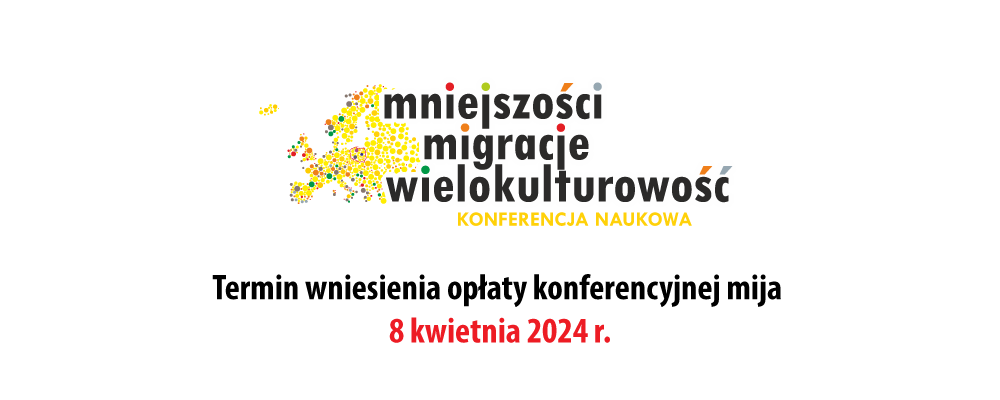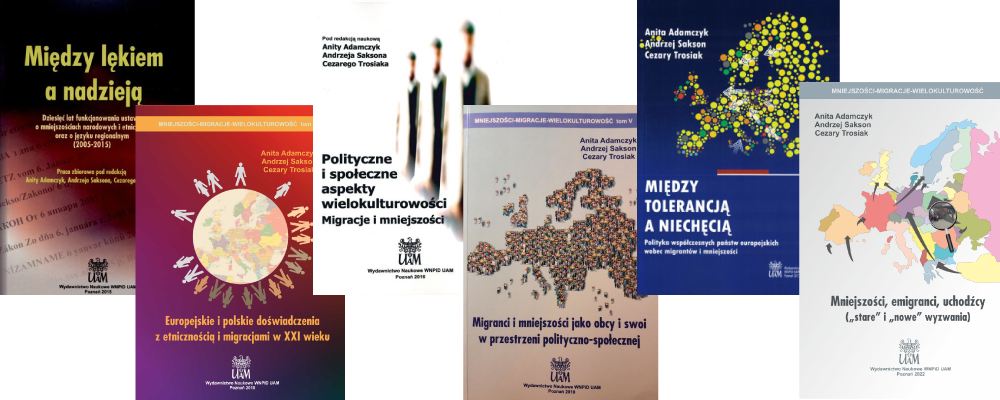The migration crisis sparked by the armed conflicts in the Middle East and North Africa in the 1980s, and climate changes in Central Africa have triggered a European dialogue on the political, economic and cultural consequences of multiculturalism. The debate on migration has been accompanied by a discussion on the roles played by ethnic and national minorities living in EU states and the roles they could or should play. These issues have been, and continue to be, particularly significant for Central and East European countries, where before the turn of the 1980s and the 1990s the importance of multiculturalism was downplayed and, after the experiences of the inter-war period, minorities were frequently viewed as a threat to the sovereignty of the nation-state.
Since the beginning of this century, the debate on multiculturalism has been one of the main themes of academic conferences and seminars organized by a variety of entities committed to solving the problems of mass migration, ethnic and national minorities and the emancipatory aspirations of minorities which are not recognized by “nationalizing states.” Multiculturalism has been examined by cultural anthropologists, sociologists and lawyers, and only recently has it been embraced by political scientists.
The Faculty of Political Science and Journalism at Adam Mickiewicz University in Poznań joined this discussion when in May 2015 it organized the first conference dealing with Poland’s “Act on national and ethnic minorities, and on regional languages.” This conference initiated a cycle of national conferences: Minorities – Migrations – Multiculturalism.
The conference organizers invite participants to discuss the following topics:
- dilemmas of ethnic and national minorities in the European Union;
- identification of the determinants of Polish ethnic (national) policy;
- attitudes of Polish society to ethnic and national minorities and regional groups;
- analysis of the shortcomings of Polish ethnic (national) policy;
- the role of migration in the formation and operation of European societies;
- migration as an opportunity to solve the demographic and economic problems of host societies;
- migration as a threat to the cultural identities of host societies;
- multicultural societies: “the end of history;”
- global, European and Polish experiences of multiculturalism: between past and present;
- political consequences of the operation of multicultural societies;
- analysis of methodological problems related to studies on minorities, migration and multiculturalism.
Depending on what events are discussed at a given moment, each year, the conference organizers focus on one of the above themes.
A significant element of the conference cycle involves debates of politicians, officials and representatives of third sector organizations who work to minimize the adverse outcomes of migration processes.
The conferences are interdisciplinary. The range of their topics encompasses political science, law, sociology, culture studies and demography. Invitations to attend the conferences are extended to scholars in the above-mentioned disciplines, organizations of national and ethnic minorities, regional representatives, members of the Parliamentary National and Ethnic Minorities Committee, the Joint Commission of Government and National and Ethnic Minorities and to entities involved in preventing ethnic discrimination (Government Plenipotentiary for Equal Treatment, Ombudsman, Plenipotentiary of the Commander-in-Chief of the Police for Human Rights Protection, Human Rights Protection Team).
The conference organizers hope that, as one of the long-term outcomes of the conferences, a research team will be established with the task of studying the social, economic, cultural and political challenges posed by multiculturalism.
Conference Organizing Committee
- Prof. UAM dr hab. Anita Adamczyk
- Prof. dr hab. Andrzej Sakson
- Prof. UAM hab. Cezary Trosiak



